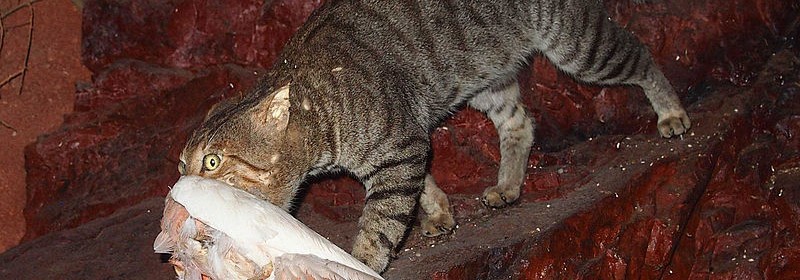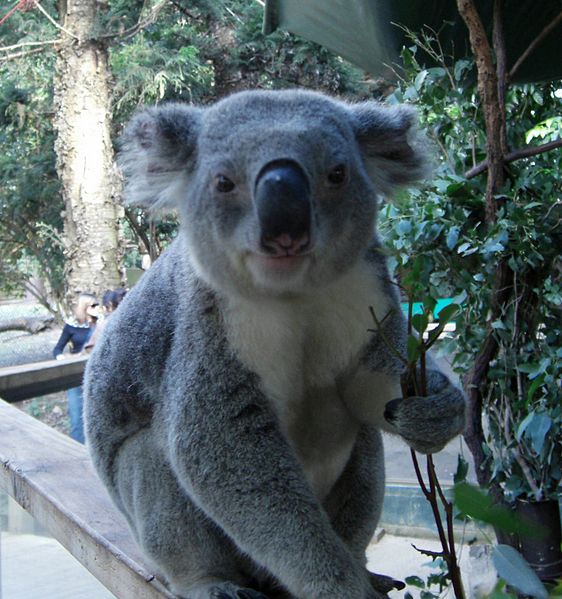Pass legislation requiring all cat owners to confine cats to their property 24 hours a day, as well as sterilise, register and microchip all domesticated cats in Victoria

Petition:
Across Victoria and Australia we are losing millions of native animals each day as a direct result of feral and domesticated cats. Currently there is no suitable way to control the impacts of feral cats, but the impacts of domesticated cats can easily be halted by simply confining you cats to your property 24 hours a day, sterilising, registering and micro-chipping all domesticated cats. Cats are also able to kill multiple animals a night; the current consensus is that feral cats alone kill upwards of 75 million native animals a night.
There is no arguing that feral cats have massive impacts on the native environment, and this holds true for domesticated cats as they are not just night time hunters; they are opportunistic hunters and will hunt day or night for food or for pleasure. A priority of the Victorian Government should be to conserve what little of the natural environment that we have left, as cats have already devastated the local bird, mammal, reptile and insect populations. Further changes of the natural environment may have large flow on impacts, including a reduction in pollination, opening up areas to other exotic species and the loss of productivity.
Aside from the direct impacts on native flora and fauna, the next biggest problem associated with cats is their ability to spread Toxoplasmosis. Toxoplasmosis is a parasitic disease that can occur in most warm blooded animals including humans, and its primary host is cats. It is spread through cat faeces and can be transmitted by touching a cat or coming in contact with minute amounts of its faeces. The disease is known to cause a mild flu-like illness for a short period of time. However, those with weakened immune systems, such as the elderly or pregnant women, may become seriously ill leading to miscarriage or stillbirth. The parasite causes inflammation of the brain and a range of neurological diseases; it can also affect the heart, liver, inner ears, and eyes.
Many of Victoria’s mammals are highly susceptible to Toxoplasmosis and will die within weeks of contracting the parasite. For those who survive the initial infection residual effects have been found to alter the infected host’s behaviour, making it more susceptible to predation. Additionally, Toxoplasmosis also impacts the sheep industry causing ewes to abort lambs in the middle of their pregnancy.
By introducing a 24 hour state wide ban, sterilising, registering and micro-chipping all domesticated cats pressure will be taken off animal shelters who have to take in and euthanize many unwanted cats each day. Cat owners will not have to worry about their cat being injured on the road or by fighting which saves their vet fees. It stops the number of domesticated cats becoming feral cats, and mostly it shows that cats and cat owners are doing their bit to protect the unique flora and fauna that we are blessed with.
The argument that cats need to roam is invalid as a cat required less exercise than a dog, and yet they are locked up for obvious reasons. There are numerous items that can be purchased such as cat runs to let them exercise in their yards as well as owners taking them for walks. I must stress that this is not an attack on cat owners, but a cat ban benefits everyone in the community. It is know that cats that live inside the confines of their property live longer, are healthier and are just as active and stimulated as those which roam free.
Join with Grant Linley Melbourne, and AWPC and call for the Victorian state government to place a priority on banning cats from roaming our streets, sterilising, registering and micro-chipping all domesticated cats.


